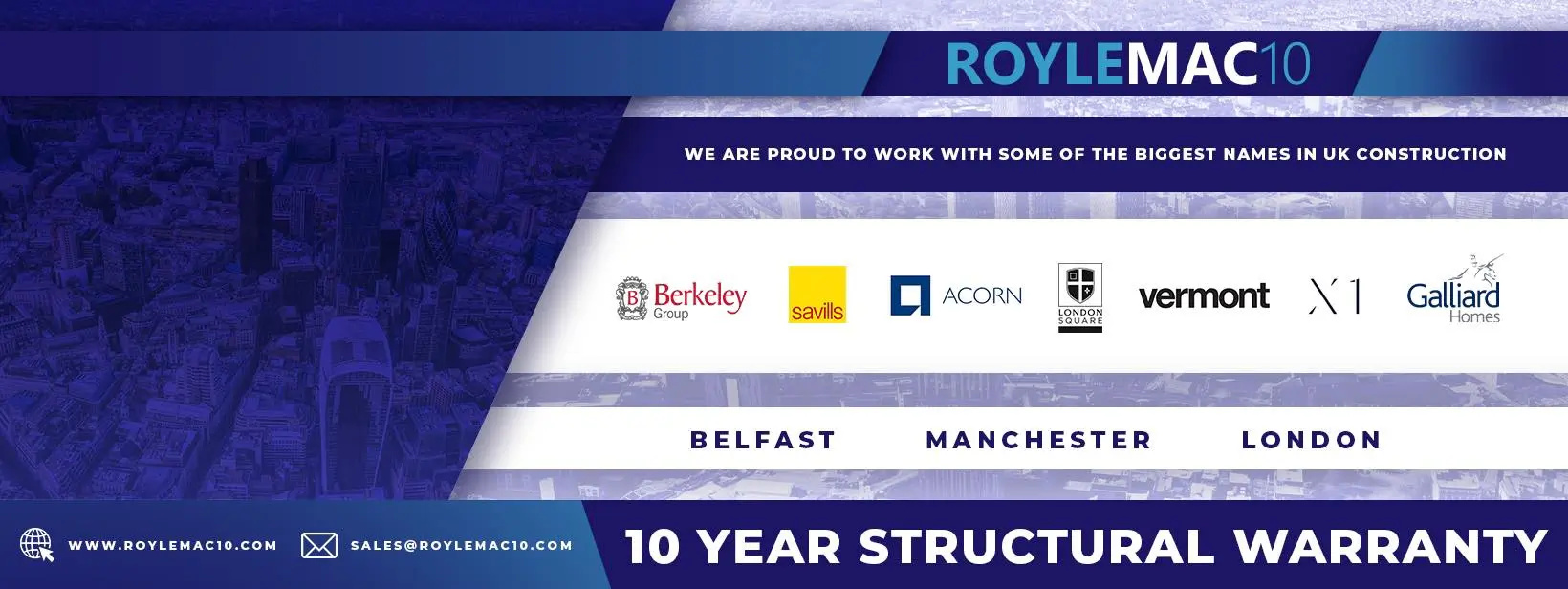The structural warranty and construction industry is evolving rapidly, influenced by technological advancements, environmental concerns, and changing market dynamics. A strong structural warranty ensures that these evolving projects remain protected from unforeseen risks, making it a vital part of any development.
Rise of Sustainability and Green Building Practices
The shift towards sustainable construction practices is increasingly important. As developers opt for eco-friendly materials and energy-efficient designs, a reliable structural warranty can cover risks associated with new or untested materials, offering peace of mind against potential defects or performance issues.
Increased Use of Technology and Automation
Innovations like Building Information Modelling (BIM), drones, and 3D modelling are transforming the industry. While these technologies enhance accuracy and efficiency, they also bring risks like data breaches. A structural warranty ensures projects remain protected against physical risks while complementary insurance can address digital threats, allowing companies to embrace modern tools confidently.
Prefabrication and Modular Construction
Prefabrication and modular construction methods are on the rise, offering time and cost benefits. However, these approaches shift risk profiles, requiring a structural warranty that covers the entire process—from off-site assembly to on-site installation—ensuring protection against transportation damages and delays.
Labour Shortages and Workforce Challenges
Labour shortages often lead to increased reliance on less experienced workers, raising the likelihood of construction defects. A robust structural warranty helps mitigate risks associated with defects, while also providing coverage for potential claims related to workmanship issues.
Climate Change and Weather-Related Risks
The impact of climate change is evident, bringing increased risks like extreme weather events to the construction industry. A structural warranty plays a key role in addressing these concerns, offering coverage that helps manage risks in vulnerable areas, alongside additional insurance options like flood or storm coverage.
Regulatory Changes and Compliance
As regulations evolve to enhance safety and sustainability, compliance becomes crucial for construction firms. A structural warranty can be an essential part of a company’s risk management strategy, helping meet regulatory requirements while minimizing exposure to liabilities that could impact project timelines and budgets.
Conclusion
The structural warranty is a fundamental part of managing the evolving risks in the construction industry. As building methods, technologies, and regulations shift, a structural warranty ensures long-term protection for all parties involved. Whether working on small social housing projects or large-scale developments, having a robust structural warranty in place is essential for navigating the complexities of today’s construction landscape. For tailored solutions, reach out to us at Roylemac10 to learn how we can help safeguard your next project.
For all of our community efforts and innovations,
click here:

For more information on
Roylemac10, feel free to follow us on social media:
LinkedIn
Twitter
Facebook
Instagram
 For more information on Roylemac10, feel free to follow us on social media:
LinkedIn
Twitter
Facebook
Instagram
For more information on Roylemac10, feel free to follow us on social media:
LinkedIn
Twitter
Facebook
Instagram

